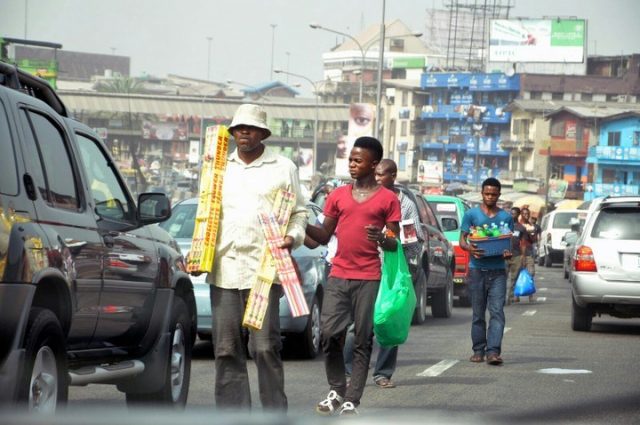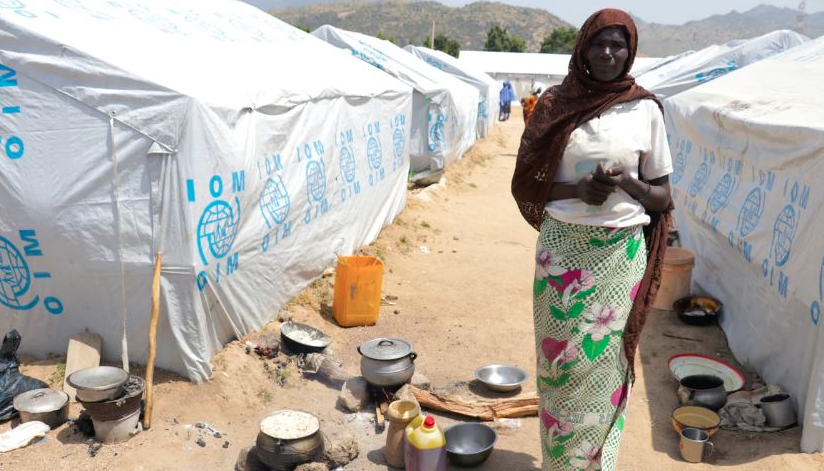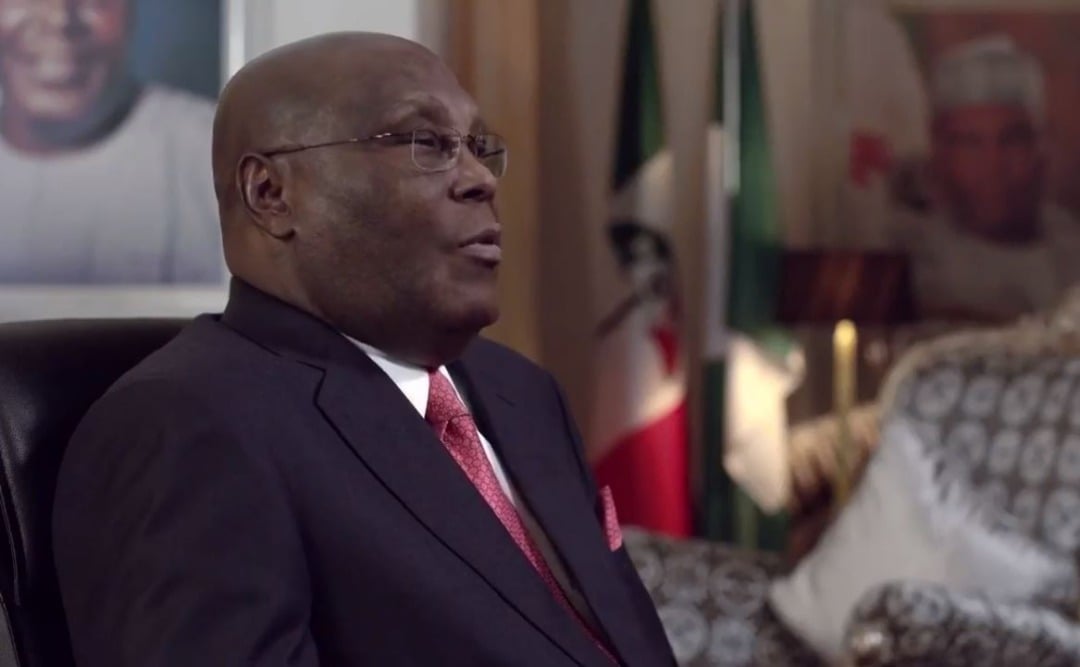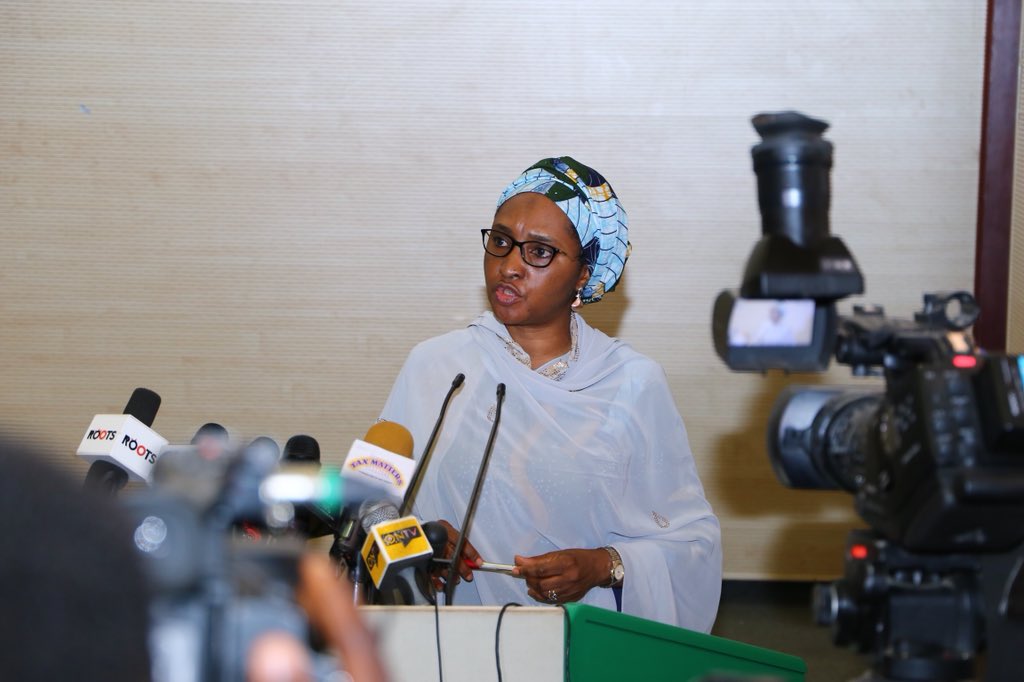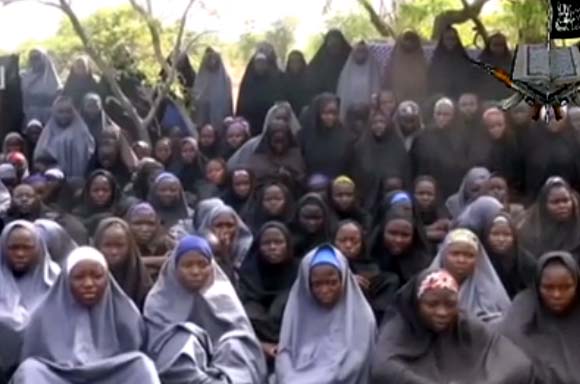‘Prostitution, hawking should not be treated as criminal offences’
Uju Agomoh, executive director of the Prisons Rehabilitation and Welfare Actions (PRAWA), says prostitution, hawking and loitering should not be treated as criminal offences.
She said this while speaking at a workshop organised by PRAWA and the Open Society Initiative of West Africa (OSIWA) in Abuja.
Calling for a review of the criminal laws in Nigeria, she said the actions of the law enforcement agencies towards petty crimes are not proportional to the kind of offences committed, and sometimes not within the law.
“The country is really at a loss, the country is suffering more by the way we are dealing with and processing these petty offenders,” she said.
Advertisement
“Sometimes you see people who are hawking, yes as they are hawking, you find out that they are making the environment not to look good, but a lot of these people don’t have jobs, they are not able to pay for shops, so you pick them up and maybe you give them fine which rather are not able to pay and they are detained.
“The detention causes a lot of problem to them to their family and even the government that is spending money in terms of feeding them when they get to prison.
“This is an issue, so let us have a human face in terms of how we deal with these offences, people who are poor, should not be criminalised because they are poor, people who are going through social and economic needs and challenges, we should find better ways of dealing with them, rather than using criminal process.”
Advertisement
Agomoh also said apart from incurring more cost on the government, in terms of prison welfare for detained offenders, the prison is also more congested, with an increased number awaiting trail.
Adding to this, Ishaq Bello, the chief justice of the FCT, called on the government and other stakeholders to implement the decriminalisation of petty offences.
Bello said laws that criminalise petty offences are enforced in a discriminatory manner and its continued enforcement is disproportionately experienced by the poor and marginalised populations, including persons with disabilities.
“As such, this is the right time to seek the support of stakeholder institutions; government and non-governmental alike to rally round for the implementation of this project,” he said.
Advertisement
“Together we have a responsibility to assist the poor and those in vulnerable situations oy using the instrument of law to lessen their exposure and vulnerability to legal, economic and social challenges.”
“We must and should work together to end poverty in all dimensions and also Decriminalise and declassify the classes of offences that seems to target the poor and the vulnerable.”
Add a comment

